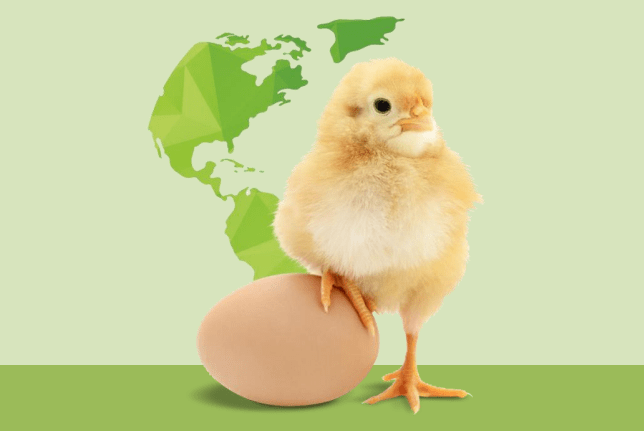The British business sector expressed its concerns about the impact of CPTPP on Mexican egg exports to the United Kingdom.
As part of this trade agreement, customs in that European country will eliminate tariffs on Mexican eggs after a period of 10 years from the entry into force of CPTPP.
Mexico is a net importer of eggs: its foreign purchases in 2024 were 244 million dollars, a year-on-year reduction of 28.9%, according to Inegi data. Its exports are marginal, although in the first quarter of 2025, it exported this product to the United States for the first time, worth US$10 million.
United Kingdom in CPTPP
In the United Kingdom, the egg sector has shown serious concerns. The main reason is the liberalization of imports of eggs with low animal welfare standards. The British Egg Industry Council (BEIC) warned the Environment, Food and Rural Affairs Committee about this risk.
According to the industry, the UK government ignored key warnings. The agreement allows eggs and egg products to be imported from countries that use battery cages. This system was banned in the UK in 2012. Even so, tariffs on these products will be phased out over 10 years.
In 2024, the United Kingdom imported eggs from around the world for a customs value of US$343 million. Its main suppliers were European countries and the United States.
In addition, the BEIC fears that British consumers will be exposed to egg products from countries such as Mexico. In that country, egg production relies almost entirely on battery cages. Therefore, these imports would affect British producers, who operate under strict animal welfare and food safety standards, such as the British Lion Code.
U.S. production
Since February 2022, the H5N1 strain of highly pathogenic avian influenza (HPAI) has impacted poultry in the United States. This variant has a near-total mortality rate. It affects laying hens, broilers, turkeys and breeding birds in both commercial and backyard farms.
In addition, the number of outbreaks varies from month to month. This could be linked to wild bird migrations. According to APHIS, as of April 23, 2025, 1,689 birds have been confirmed with HPAI. In total, the disease has affected 168.62 million birds since its emergence. Every state in the country and Puerto Rico have reported cases.

